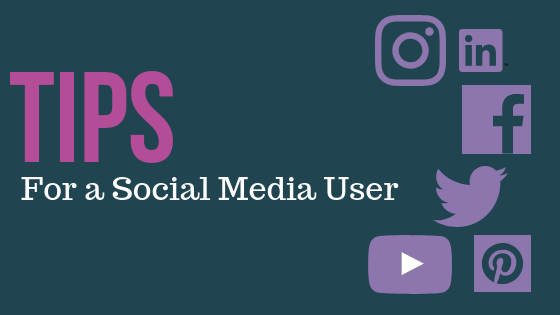As an HR professional, I attend different seminars and conferences to obtain credits for my HR certification. We had a SHRM (Society for Human Resources Management) state conference last week, and I learned all kinds of new strategies involving recruitment, succession planning, employee engagement and change management. One topic was present in every session I was in: social media. How to recruit through social media, engage employees in social media, and how to maintain your company and personal brand through social media.
One session in particular was focused solely on social media, and how it affects the processes of hiring, discipline and discharge.
Written by: Sarah dewbre, promega
Many companies are now using social media as a screening tool, and social media searches are part of their hiring process. These companies are using a person other than the hiring manager to search various social media platforms (Facebook, Twitter, LinkedIn, Instagram, etc.) to look for posts from candidates who have applied for or have interviewed for a job. It is unlawful for an employer to use a protected class (race, gender, class, veteran status, disability) as a screening tool, but a potential employer can decide to not move a candidate forward in the hiring process because of unlawful behavior. For instance, if there is a picture of of a job applicant on Facebook doing drugs, that is a valid reason for an employer to not interview that person for a position.
Another topic that was discussed firing or disciplining an employee because of information found on social media platforms. Most companies will have corporate policies in place, and can discharge employees if they engage in activities on social media that violate those corporate policies. For example, if an employee has a Conflict of Interest clause in his contract or corporate policy, and he posts something on a social media platform that shows him involved in activities defined in that clause, that social media post could be grounds for termination. Illegal activity is almost always grounds for termination as well.
Wisconsin has social media protection legislation: the Wisconsin Internet Privacy Protection Act, and many other states do as well. These laws prohibit an employer from requiring or requesting an employee/applicant to give username, password, or login info to personal accounts, and an employer cannot discharge/discipline/refuse to hire any person for exercising their right to refuse such a request. The employer is, however, permitted to use information that can be obtained without a password or login information, restrict employee’s internet access on Employer-owned equipment, discharge an employee for taking confidential information, and investigate violation of employer’s work rules or laws.
I share this information to educate our readers about the potential ramifications of inappropriate postings on social media platforms. Many companies are looking at social media. Even if people have all their settings as “private” as possible, that doesn’t mean the data/information IS 100% private. For instance, even if you’re not connected with your boss on social media, if he/she is connected with one of your “friends”, your posts may be visible to your boss. Additionally, platforms are always changing what is visible and what is not—sometimes without informing the people who use their platforms. So, be careful what you post.
Note added in proof by Promega’s social media lead: There is no such thing as online privacy. If you don’t want to risk the world seeing it, don’t post it.
WOULD YOU LIKE TO SEE MORE ARTICLES LIKE THIS? SUBSCRIBE TO THE ISHI BLOG BELOW!


